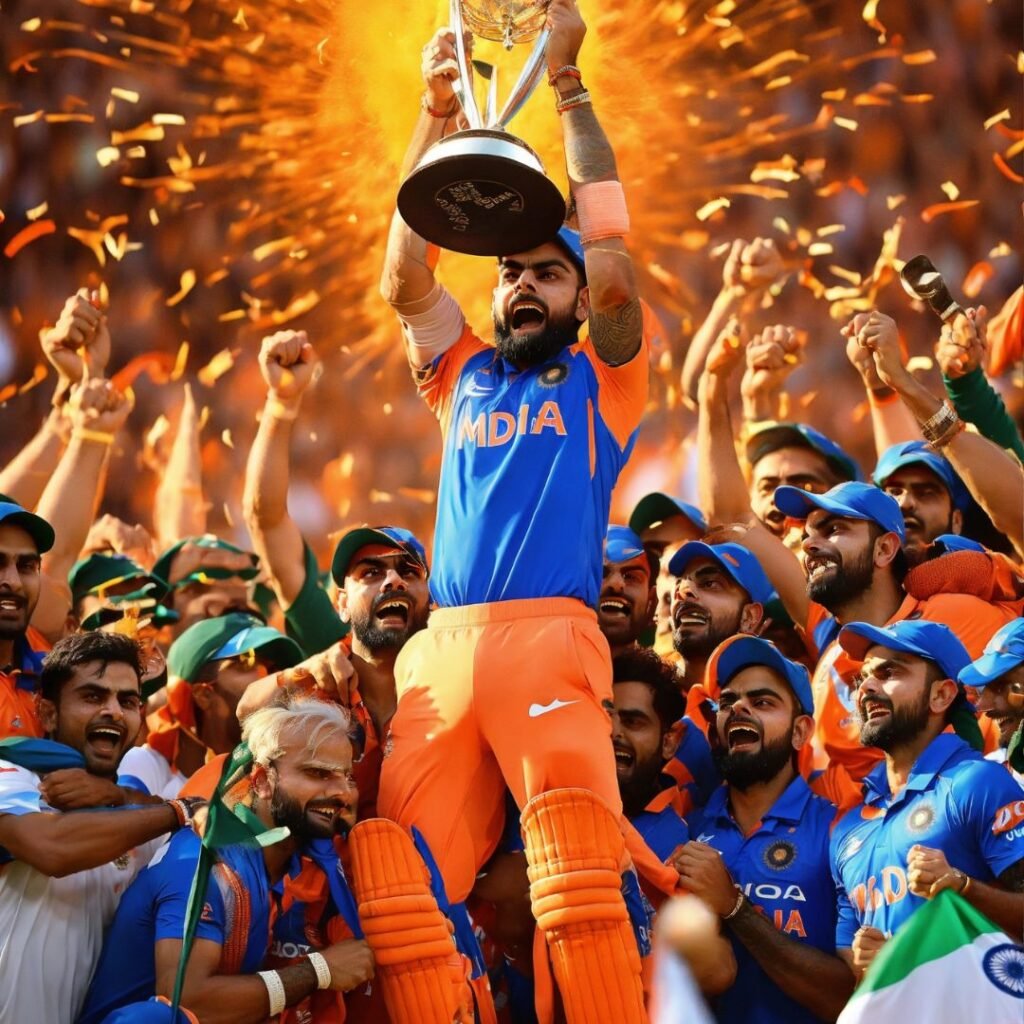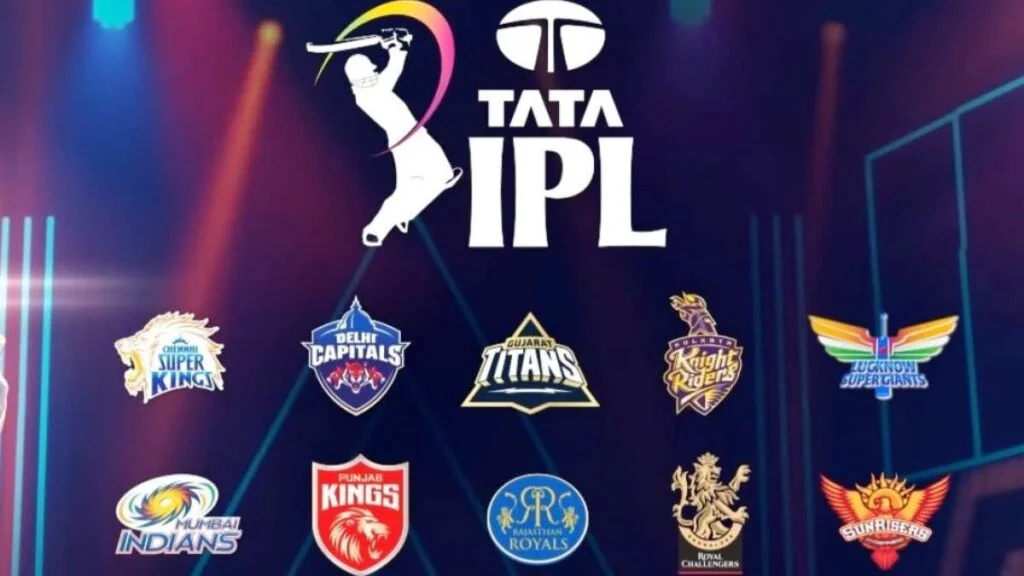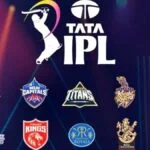Introduction
The Indian Premier League (IPL), a cornerstone of cricket culture in India since its inception in 2008, has not only captured the hearts of millions but also emerged as a colossal revenue-generating entity. As we delve into the depths of IPL’s business model, let’s unravel the intricacies of how this sporting extravaganza turns passion into profit.

Understanding IPL
The IPL, conceptualized by Lalit Modi, revolutionized cricket by amalgamating sport with entertainment. With its inception in 2008, IPL swiftly became a global phenomenon, captivating audiences worldwide with its fast-paced Twenty20 format.
| Information | Details |
| Full Name | Indian Premier League (IPL) |
| Inaugural Season | 2008 |
| Number of Teams | 8 (as of my last update in September 2021) |
| Format | Twenty20 (T20) |
| Governing Body | Board of Control for Cricket in India (BCCI) |
| Founder | Lalit Modi |
| Most Successful Team | Mumbai Indians (5 IPL Championships) |
| Popular Teams | Mumbai Indians, Chennai Super Kings, Royal Challengers Bangalore, Kolkata Knight Riders, etc. |
| Auction for Players | Held annually to buy and sell players |
| Overseas Players Limit per Team | Initially 4, increased to 5 in later seasons |
| Venue for Finals | Varied, but often held in major Indian cities |
| TV Broadcast Partners | Various broadcasters, including Star Sports |
| Brand Value (As of 2021) | US$3.2 billion |
| Notable Players | Virat Kohli, MS Dhoni, Rohit Sharma, Rinku Singh and many international stars |
IPL’s Business Model
The IPL’s business model is a fusion of cricketing spectacle, entertainment, and astute revenue generation strategies. Here, we dissect the nine primary revenue sources fueling IPL’s economic engine:
- Team Ownership
Franchise owners acquire teams, investing substantial sums to manage team operations, player acquisition, and marketing. Notable franchises like the Mumbai Indians and Royal Challengers Bangalore boast staggering valuations, emphasizing the financial allure of IPL ownership. - Player Auction
The annual player auction intensifies competition as teams vie to assemble the most formidable squad. Players earn salaries through team contracts, highlighting the lucrative nature of IPL participation. - Broadcasting Rights
Broadcasters secure live coverage rights, generating significant revenue streams. Television advertising during matches further amplifies revenue, with global broadcasting rights alone fetching substantial sums. - Sponsorships
Sponsorship deals with diverse brands provide essential funds for franchises, covering operational expenses. Apparel, beverage, and mobile phone brands are among the many eager sponsors seeking visibility through IPL partnerships. - Ticket Sales
Stadium ticket sales, particularly in venues like the iconic Narendra Modi Stadium, contribute substantially to IPL revenues, offering fans an immersive live experience. - Merchandise and Fan Engagement
Franchises capitalize on the IPL’s popularity by selling team merchandise, tapping into the fervent fan base’s demand for jerseys and accessories. - Advertising
Advertising opportunities abound during IPL matches, attracting companies eager to reach vast and engaged audiences through commercial breaks and digital platforms. - Franchise Fees
Teams pay annual franchise fees, providing a steady revenue stream for IPL organizers. - Digital Rights
The sale of digital rights enables streaming platforms to broadcast matches online, catering to viewers’ preferences for digital content consumption.
Exploring the Dynamics: IPL’s Economic Ecosystem
Diving Deeper into IPL’s Revenue Streams
In our quest to unveil the intricacies of the Indian Premier League’s (IPL) economic landscape, let’s embark on a deeper exploration of its diverse revenue streams. Beyond the glitz and glamour of cricketing spectacles, IPL’s financial foundations run deep, driven by a sophisticated business model tailored to capitalize on every facet of its unparalleled popularity.
Leveraging Team Ownership: The Heartbeat of IPL’s Financial Engine
At the core of IPL’s revenue architecture lies the fervent pursuit of team ownership. With franchise owners investing substantial capital to secure the rights to operate teams, IPL transcends traditional sports leagues, resembling more of a conglomerate of cricketing entities. The strategic synergy between franchise owners, team management, and marketing endeavors underscores the pivotal role of team ownership in IPL’s financial success.
The Auction Arena: Where Dreams Meet Dollars
The annual IPL player auction serves as a battleground where sporting prowess meets financial muscle. Teams engage in intense bidding wars, meticulously crafting their squads with a keen eye on talent and marketability. Amidst the adrenaline-fueled bidding frenzy, players emerge as prized assets, commanding staggering salaries reflective of their on-field prowess and off-field appeal.
Broadcasting Bonanza: Unleashing the Power of Global Reach
In an increasingly interconnected world, IPL’s broadcasting rights represent a gateway to global audiences. With broadcasters vying for exclusive coverage rights, IPL matches transcend geographical boundaries, captivating viewers across continents. The symbiotic relationship between broadcasters, advertisers, and IPL franchises amplifies revenue streams, cementing IPL’s status as a broadcasting juggernaut.
Sponsorship Synergy: Bridging Brands and Cricketing Glory
Sponsorship deals form the lifeblood of IPL’s revenue ecosystem, forging symbiotic partnerships between brands and cricketing franchises. From apparel giants to beverage behemoths, sponsors vie for visibility in the IPL arena, leveraging the league’s unparalleled reach to enhance brand equity and consumer engagement. As IPL franchises don the colors of corporate sponsors, the convergence of commerce and cricket reaches new heights of synergy.
Ticketing Triumphs: A Testament to Fan Fervor
Amidst the electrifying atmosphere of IPL stadiums, ticket sales emerge as a tangible manifestation of fan devotion. From sold-out arenas to raucous cheers reverberating through the stands, IPL matches epitomize the fusion of sporting spectacle and fan engagement. As fans flock to stadiums in droves, ticket sales bolster IPL’s revenue streams, reaffirming the enduring allure of live cricketing experiences.
Digital Dominance: Redefining Viewership Paradigms
In an era dominated by digital consumption, IPL’s foray into digital rights signifies a strategic pivot towards online platforms. With streaming services offering seamless access to IPL matches, digital viewership emerges as a burgeoning revenue stream, catering to the evolving preferences of tech-savvy audiences. As IPL embraces digital innovation, the league’s global footprint expands exponentially, heralding a new era of cricketing entertainment.
Conclusion
In essence, the IPL’s multifaceted revenue model underscores its status as a sporting juggernaut. As we navigate through the myriad revenue streams fueling IPL’s success, it’s evident that the league’s enduring popularity continues to propel its financial prowess to unprecedented heights.





